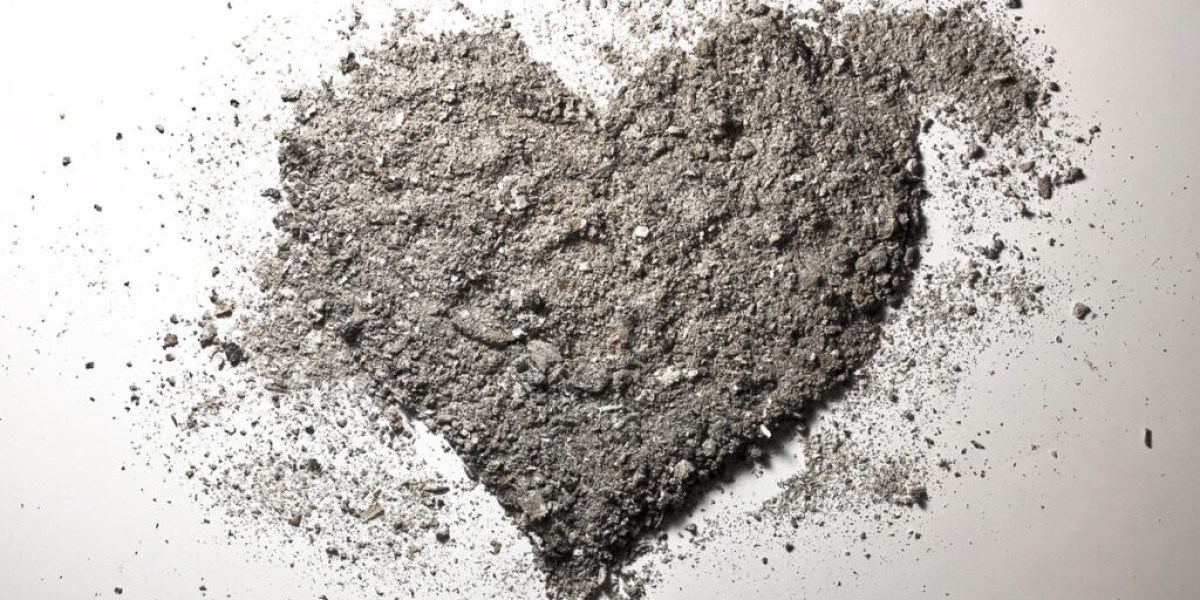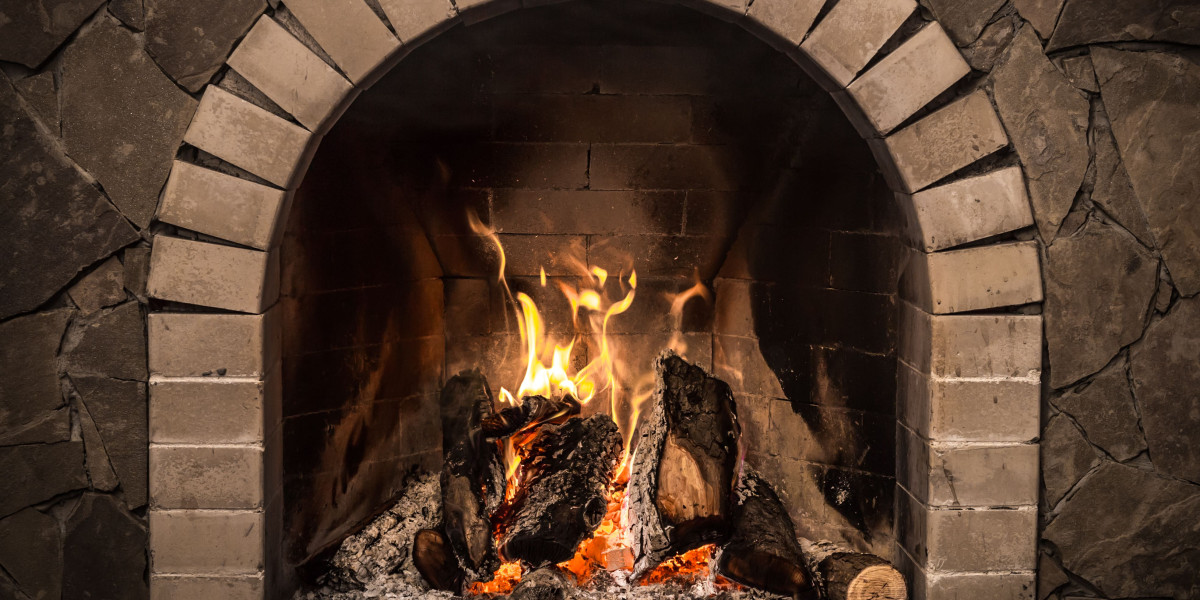cost of cremation is a practical and affordable option for families making end-of-life arrangements. While it is generally less expensive than traditional burial, cremation costs can vary significantly depending on the services selected and additional expenses. Here's an overview to help you navigate cremation pricing.
1. Average Cremation Costs
Cremation prices typically fall into these main categories:
Direct Cremation
- Cost: $500–$3,000
- Description: This is the most basic option, covering the cremation process, necessary paperwork, and transportation of the body. It excludes embalming, viewings, and memorial services.
Cremation with a Funeral Service
- Cost: $2,000–$10,000
- Description: Includes embalming, body preparation, a viewing or funeral service, a rental casket, and cremation.
Cremation with a Memorial Service
- Cost: $1,500–$5,000
- Description: Combines the cremation process with a memorial service, typically held after the cremation.
2. Additional Costs to Consider
While cremation itself is affordable, you may encounter additional expenses, such as:
- Urns:
- Basic urns cost $50–$200, while customized or premium urns may exceed $1,000.
- Keepsakes:
- Memorial jewelry or small keepsake urns range from $30 to $500.
- Interment Fees:
- Costs for placing ashes in a cemetery or columbarium range from $500 to $5,000.
- Scattering Services:
- Organized ash-scattering services cost $200–$1,000, depending on the method and location.
- Death Certificates:
- These typically cost $10–$50 each, depending on the state or region.
3. Factors Influencing Cremation Costs
The overall cost of cremation can vary due to several factors:
- Location: Cremation costs tend to be higher in urban areas due to demand and overhead expenses.
- Provider: Independent cremation services often offer lower prices than full-service funeral homes.
- Add-Ons: Upgrades like embalming, ceremonies, or specialty urns increase total expenses.
4. Cremation vs. Burial Costs
Cremation is generally more economical than traditional burial. Here's why:
- Burial Costs:
- Include expenses like a casket ($2,000–$10,000), a burial plot ($1,000–$4,000), and ongoing maintenance fees.
- Cremation Costs:
- Eliminates the need for embalming, a full-sized casket, and extensive cemetery fees.
5. Tips to Save on Cremation Costs
If you're concerned about expenses, consider these money-saving strategies:
- Choose Direct Cremation: This basic option minimizes costs.
- Pre-Plan Arrangements: Locking in rates ahead of time can help avoid future price increases.
- Compare Providers: Request quotes from multiple funeral homes or cremation services to find the best value.
- Opt for Simplicity: DIY memorials or scattering ashes in a meaningful location can reduce additional fees.
6. Benefits of Choosing Cremation
Cremation is not only cost-effective but also offers:
- Flexibility: Families can hold services at a time and place that works for them.
- Environmental Benefits: Cremation avoids the environmental impact of embalming chemicals and casket materials.
- Personalization: Ashes can be kept in keepsakes, scattered in special locations, or incorporated into unique memorial items.
Conclusion
Cremation provides families with a respectful, flexible, and cost-effective option for honoring their loved ones. Understanding the components of cremation costs and comparing options can help you make informed decisions that align with your budget and preferences.
Whether you’re planning ahead or arranging for a loved one, knowing the details of cremation pricing ensures you choose the best option for your needs.







